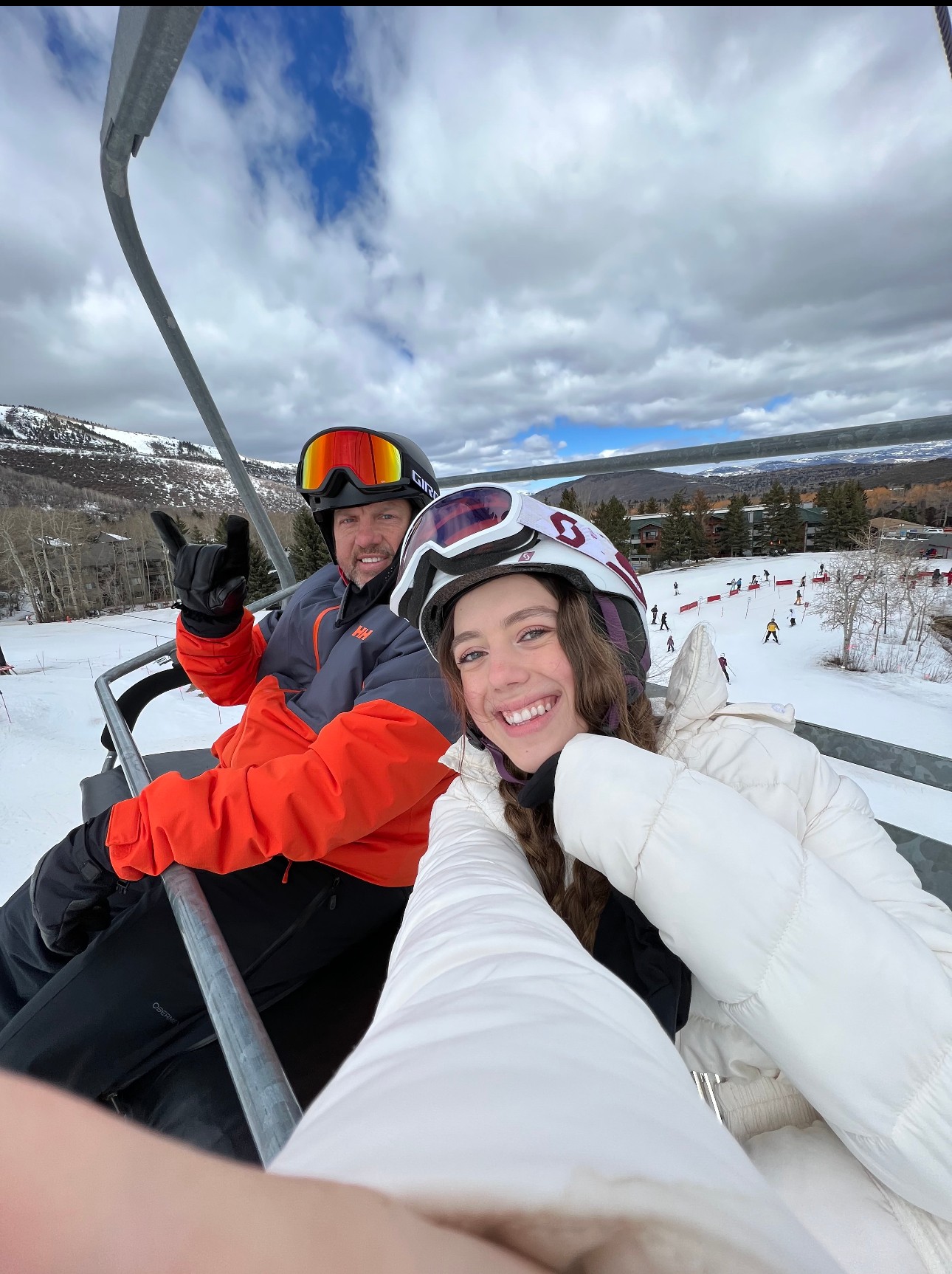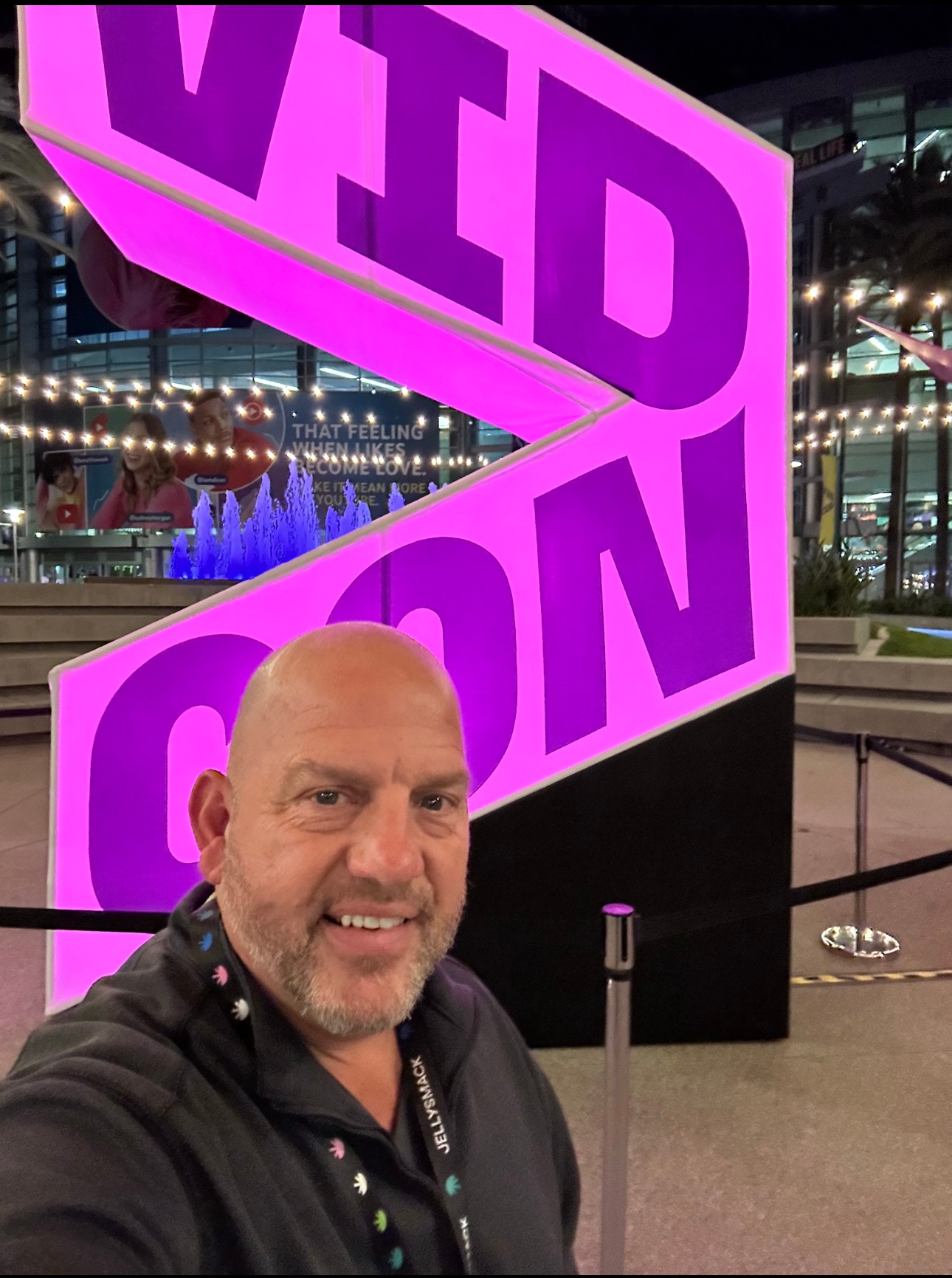 We’re excited to introduce you to the always interesting and insightful James Harrison. We hope you’ll enjoy our conversation with James below.
We’re excited to introduce you to the always interesting and insightful James Harrison. We hope you’ll enjoy our conversation with James below.
Hi James, thanks for joining us today. We’d love to hear from you about what you think Corporate America gets wrong in your industry and why it matters.
The biggest hurdle most companies in Corporate America have trouble overcoming is giving up creative control for the desired campaign. Large companies have whole teams and departments formed around the idea of controlling all aspects of the creative, the scripting, the shoot location, ensuring content aligns with brand tone, and getting legal departments comfortable with a certain amount of risk.
They have a paranoia that if the content is not 100% structured how they like it, that the creator is going to sue them so they force boring and clearly “corporate” tone and creative which goes against everything creators have built their brand on, authenticity and relatability.
We had a deal with a company that sells ear drops and it was close to the end of the year when most campaigns wrapped up so there was idle time at this company. Our creators had a script approved, filmed as per script, and even made requested changes. Right before posting, a whole new group of people started to look at the creative, declined the changes and approval for the script, and wanted our creators to start over.
The marketing agency and I were frustrated as it had already taken 6 months to get to this point because of all the levels of review and approval that were needed. The new group tried to require the creator to follow a “brand script” which as you can imagine was dull, missed the spot, and would have been a complete failure had we not threatened to walk away from the deal. We were finally able to finalize the content and complete the campaign however we have vowed not to work with that brand again.
Coming from the corporate side of the business I understand the associated risks however the advertising spectrum has changed dramatically. Brands are hiring creators to reach an audience in their authentic voice yet trying to impose rigid corporate rules. We are very clear in the beginning of discussions that there needs to be an overwhelming sense of creative freedom and flexibility for the creator to be themselves and find authentic ways to share the brand’s message.


James, before we move on to more of these sorts of questions, can you take some time to bring our readers up to speed on you and what you do?
Sure, in 2018 my wife Tania and daughter Symonne moved to LA for my daughter to follow her dreams of being an actress. While she had some immediate success, when Covid hit, Hollywood closed and Symonne started doing social media at the age of 12. For the next 4 years she grew rapidly and I managed her growth from a brand perspective and started to learn the business. A few years later, parents of her friends asked me to manage their kids as well and just like that I had an agency. While it was not the plan starting out, I quickly started to realize that I enjoyed the business and felt it was something I could excel.
Over the next 3 years my company grew really fast, I tried a lot of things that didn’t work so I continued to pivot until I felt like the formula was right. That formula was our operations and how the business flowed. In the influencer marketing space, it’s critical to execute extremely well, communicate in a responsive and concise manner, and to create a process that allows for scalability.
Early on I realized I was burdened with doing everything from closing deals to managing the campaigns, etc and realized I needed to value my time better. I was worth more to the company closing brand deals than executing the campaigns. This created the model we have today where we have dedicated campaign managers to handle the deals after they close and ensure the creator executes on time and in a high quality matter to ensure brand satisfaction. This structure has allowed us to grow our rosters and scale sensibly without taking on a huge financial burden.
Our value proposition to prospective content creators is pretty simple, we handle all of the things they don’t like and which stifle their creativity. All of the operations from pitching for brand deals, managing incoming brand inquiries, contract review and execution, campaign management, and finally invoicing and chasing the money.
Our secret though really stems from the fact I’m a creator dad, I understand the business from the creator’s eyes, appreciate the countless hours to get the perfect shot, and understand there is no such thing as “simple edits”. This allows us to have compassion for our creators and find unique ways to solve problems and minimize the demands on their times.
We give them freedom.


What do you think helped you build your reputation within your market?
Reputation, at least historically, has been something you were able to build and it became a known element of a person or brand that never really changed. I would say this was true up until social media. Now it is more important than ever to know your guiding principles and be stewards of them at all times.
I see reputation for our business in a few different lights, each growing stronger based on core principles:
Maintain a high level of integrity
Know your purpose and stick to it
Be authentic and transparent, especially with bad news
Always stay hungry
Our reputation in the beginning was developed on the brand side from an execution and professionalism perspective. We were not a known agency to creators however the brands quickly learned that we communicated extremely well, execution was on point, we negotiated fairly always looking for a path where all parties felt good about each transaction, and we were always appreciative of each opportunity, regardless of size of the deal.
This approach led to more opportunities with brands which then allowed us to recruit talent leveraging the fact we had worked with many high quality brands, even as a smaller agency. As we started to gain clients and servicing them well, fighting for their market value, and educating them on the business along the way, we became a destination agency and the majority of our signings now are referral.
What’s been the most effective strategy for growing your clientele?
It is no secret that “management” has a very negative connotation when it comes to the influencer management world. With the rapid rise of influencers becoming a full time career, there are a lot of opportunistic people who see an opportunity to make a lot of money being managers, qualified or not. This has led to a lot of bad experiences and a feeling of natural distrust for anyone labeled as a “manager”. As a former executive in Corporate America, this is not isolated to social media, it’s very common in management as well–not everyone is able to truly manage people or have the aptitude to understand the vast amount of responsibilities that come with such role.
I understand this view and distaste for management and when meeting with potential clients, I address it immediately and do not try to avoid the feelings of distrust I know they have. I spend time understanding their previous experiences, sympathize with them, and then share why we are different. My secret weapon I believe is I’m older and more seasoned and I’m a creator dad. I also attend and lead every potential creator call signing–zoom calls we say are “vibe checks” to see if we like each other.
Through these vibe checks, I share my full background from being an Army brat, to being a veteran, my 20+ years in Corporate America, to my journey from Cleveland to LA. When I share we uprooted our life for my daughter Symonne to follow her dreams, it shows I care and I believe in helping someone follow their aspirations. I go on to share how I managed her to over 6.5 million followers, handled being her manager and dad–which is not easy, and how I’m passionate about protecting creators and helping them achieve their value.
My straight forward approach and usual t-shirt attire for the call, makes the creator feel at ease. I share while I own the agency I’m no different than my team–just another person with their head down grinding. I also spend a lot of time truly learning about them, what they want to achieve, why the got into content creation, understand and appreciate their pain points, and clearly lay out how we can help.
We leave each call with no pressure to decide and always compliment them on their success. We treat them like people and not potential assets. We bring a human element to the process which can be an extremely stressful time for the creator. I believe this entire approach and sharing my personal story of the path to agency owner resonates with the creators and they appreciate what I’ve put into my own business.
I show them I genuinely care.
Contact Info:
- Website: www.iamsocial.la
- Instagram: iamsocial
- Linkedin: https://www.linkedin.com/in/jamesvharrison/

